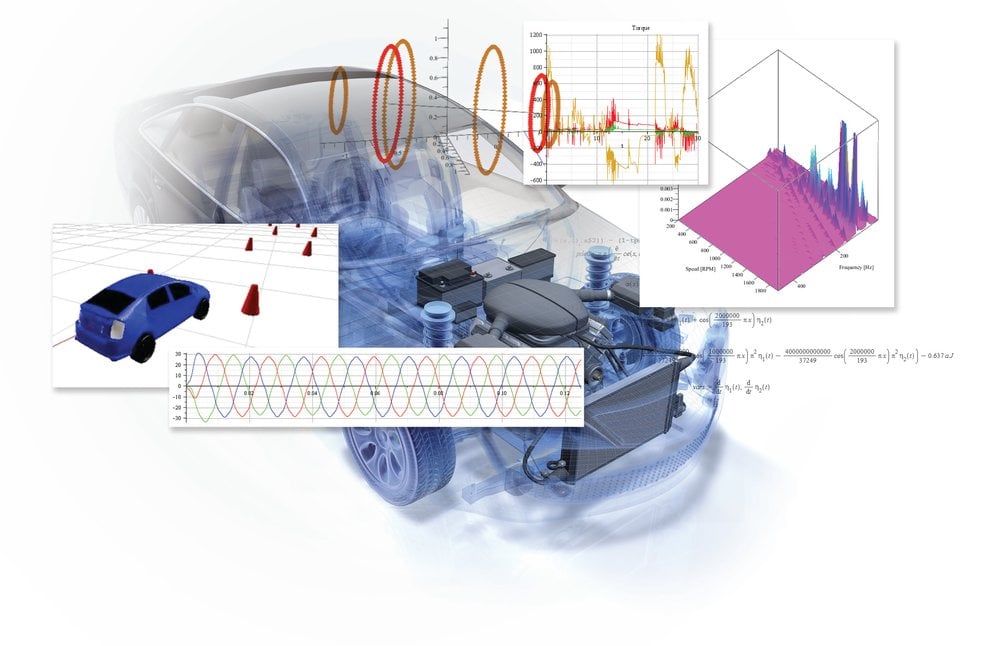www.magazine-industry-usa.com
29
'13
Written on Modified on
New Maplesoft project for Toyota leverages symbolic computation in control systems engineering
Follows development of highly successful model simplification tools using Maplesoft technology

Maplesoft today announced that its ongoing partnership with Toyota Motor Engineering & Manufacturing North America, Inc. has been expanded to include a new project. This project will see the leading car manufacturer use new symbolic computation methods in robust control design, with a strong focus on methods for linear, nonlinear, and parametric systems. Maplesoft technology is rooted in strong symbolic computation techniques, making it an appropriate choice for Toyota.
The main goal of the new Symbolic Control project is ground-breaking research that leads to the implementation of symbolic design and analysis methods for linear, nonlinear, and parametric robust control. The new research will allow developers to consider system nonlinearities, modeling inaccuracies, and parametric uncertainties in the design process. As a result, Toyota expects to shorten development time while maintaining high quality results.
This new project follows the completion of another successful Maplesoft project for Toyota, which saw high-end research and implementation of new methods for model simplification and preprocessing of high level acausal dynamical models. Simplification enables the conversion of high-level descriptive models into smaller executable models for faster execution and provides for better analysis, higher efficiency, and more accurate simulation. Model simplification allows engineers to focus on describing the physical properties of the system in an equation-based manner. It also makes use of the power of mathematical equations to better manage models, so engineers obtain the optimal results faster.
Using the results of the Model Simplification project as a foundation, the Symbolic Control project will involve research on analyzing, designing, and simplifying controller models in isolation, as well as in system models. This work will support the control design process by speeding up test and simulation times in the lab environment and ensuring optimal behavior in the final product. Modelica model import and export, as well as automated model assembly for easy and faster control design processes, are other goals of the project.
The research and resulting tools from the first project for Toyota were presented at several conferences, and three patent applications are in progress.

